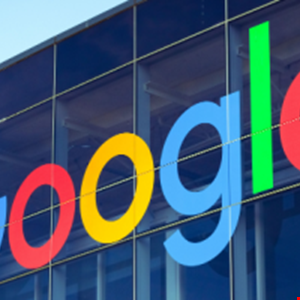- I recommend the Pixel 9 to most people looking to upgrade - especially while it's $250 off
- Google's viral research assistant just got its own app - here's how it can help you
- Sony will give you a free 55-inch 4K TV right now - but this is the last day to qualify
- I've used virtually every Linux distro, but this one has a fresh perspective
- The 7 gadgets I never travel without (and why they make such a big difference)
Google Unifies Recent Acquisitions Under New Cloud Security Offering

Following Google’s acquisition of cybersecurity groups Siemplify and Mandiant, the US tech giant has sought to bring all of its cloud capabilities under one roof with the launch of Chronicle Security Operations.
Google’s Cloud Next division unveiled the cloud-born software suite on October 11, 2022, which it said can “better enable cybersecurity teams to detect, investigate, and respond to threats with the speed, scale, and intelligence of Google.”
Google purchased Israeli security startup Siemplify in early 2022 for $500m and closed its $5.4bn acquisition of Mandiant in September.
Moving forward, all security operations software will come under the Chronicle brand, Google said.
Chronicle Security Operations “unifies Chronicle’s security information and event management (SIEM) tech, with the security orchestration, automation, and response (SOAR) solutions from our Siemplify acquisition and threat intelligence from Google Cloud.”
The Mandiant acquisition will add more incident and exposure management and threat intelligence capabilities in the future, according to Google.
The Siemplify brand will be replaced with Chronicle SOAR, and security analytics capabilities of the suite will be named Chronicle SIEM. Google says the “feel and look” of the SIEM and SOAR capabilities will be unified to deliver an integrated user experience.
Chronicle Security Operations will leverage Google Cloud’s data.
Also, on October 11, the company highlighted new Google Cloud databases capabilities which focused on four key areas: unified and integrated data cloud for transactional and analytical data; breaking free from legacy databases and a commitment to open ecosystems and standards; infusing AI and machine learning across data-driven workflows; empowering builders to be more productive and impactful.

